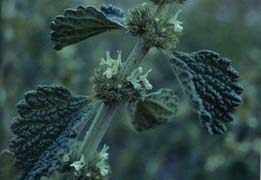Reflection 1
Growing up in a city, I had the privilege of having an urban garden which is something not many Chicagoans can experience due to the lack of space and not owing property in a metropolis. Since I was young I was able to see my grandmother, mother and father tend to our vegetable garden organically. Now that I look back I can see how I have grown up culturally eating what was eaten back in Japan and Korea. I remember watching my grandmother save seeds that she brought back from Japan and Korea and watched her plant them in the ground every year. Even though I had a close traditional upbringing with food via my childhood garden I still felt alienated with nature and growing food. Living in the city did not give me the chance to connect with the richness outside of tall skyscrapers, busy streets, and bright lights. I was so disconnected to the growing of food and gardening/farming until I moved out to Olympia and had a chance to explore the deeper meaning of what farming and food means.
Reflection 2
There are many types of gardens for many different needs and desires. To name a few: there are gardens to grow your own food, for aesthetic purposes, for preserving biodiversity, and a learning/educational garden. Gardens are a healing place, where one can connect to the land. Some gardens are self-sufficient while others need maintaining. It can serve many healing aspects besides the ones listed. A garden is a place to learn and constantly tap into the amazing interactions with nature.
Reflection 3
TEK is knowledge that has been passed down from generations of interactions between indigenous people and the land. Traditional ecological knowledge is a cumulative body of practice and belief evolving by adaptive processes and handed down through generations of relationships with living things and the environment.
Sharon Chung
